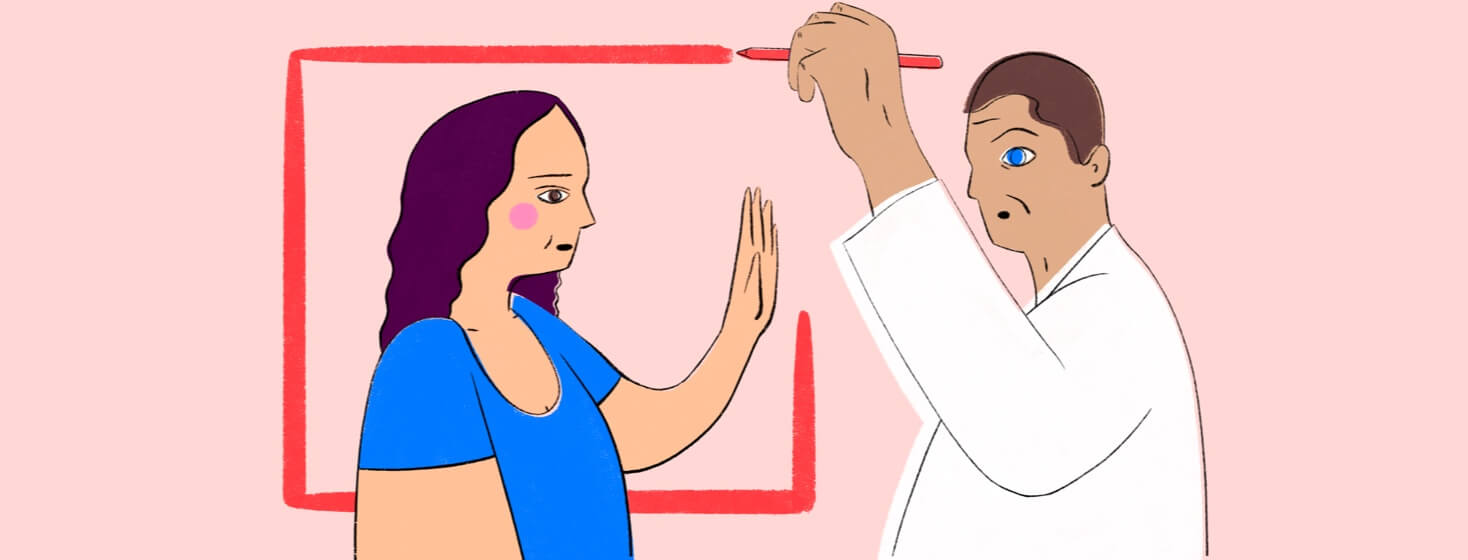NOT “Fat and Lazy” – Just Narcoleptic
Living with narcolepsy as a person of a larger size can bring some added complications.
I’d been overweight all my life when my narcolepsy onset, so I was well used to having to fight against the stigma of perceived laziness that seemed to follow me as a person of larger size. I had to work harder in school and later college and university to be noticed, as an obese person of minority gender and somewhat ambiguous race.
When my narcolepsy symptoms onset, I was suddenly exhausted due to excessive daytime sleepiness, sleep attacks, insomnia, sleep paralysis, nightmare hallucinations, and more. Doctors were quick to look to my weight for a source of my excessive tiredness.
I was treated differently based on my weight
After getting on the right medications and lifestyle regimens to manage my narcolepsy, my weight dropped and suddenly I was skinny for the first time in my life. I noticed that in a smaller body, people started treating me better. For example, men started holding doors open for me more often than not. Doctors were less likely to look at me judgmentally, like I was lazy, when I said I was tired – as if I were not suffering from a severe neurological sleep disorder.
Now, as a person in a skinny body suffering from narcolepsy, when I say I am feeling sick or tired, people are more likely to listen to me rather than disregard my symptoms. (Although, now that I am skinny, people like to chalk up my narcolepsy symptoms to claims that I’m neurotic, or recreationally medicating). However, I find, at least in my experience, life with narcolepsy is easier to navigate in my smaller-sized body than in my overweight or obese-sized body.
When doctors blame weight, not narcolepsy
I’ve heard too many stories of people with narcolepsy having delayed diagnoses due to doctors focusing too much on their overweight body as a source of fatigue, rather than investigating the case further. In these situations, doctors have claimed that the patient’s obesity was causing their fatigue and they just needed to eat less and move more. This kind of thinking is flawed.
Why? Some research has suggested there is an increased prevalence of obesity in people with narcolepsy. That is, a person with narcolepsy is more likely to be obese than a person without narcolepsy!1
This or That
Has your narcolepsy been stigmatized as laziness?
When doctors assume that obesity is what’s causing excessive fatigue, they seem to do so being ignorant of the fact that the neurological sleep disorder narcolepsy and obesity can be linked. And it goes to show how doctors tend to minimize the effects of narcolepsy. It is not simply getting winded or having less energy or motivation to do things. It is a functional enzyme, consuming every part of us and only allowing us to experience the world in tiny, conscious pieces at a time.
What is your experience?
Finally, my last point is, I've found losing weight requires eating less and moving more. When you are severely tired all the time, to the point of falling asleep uncontrollably possibly multiple times per day, it is difficult to find the wakefulness needed to make healthy food safely. Junk food is just easier to access! The higher calorie counts mean that less time and effort can be put into sustaining the body. However, frequent high-calorie junk food, although easy-to-access, can help contribute to obesity.
Does your weight impact how people react to your narcolepsy?

Join the conversation